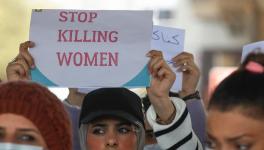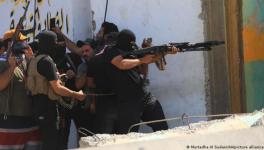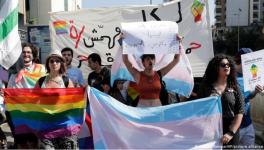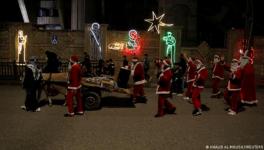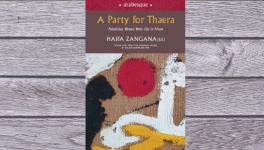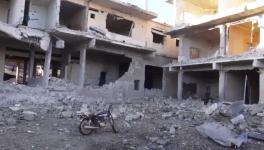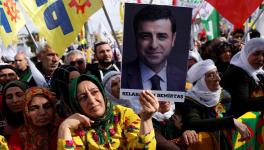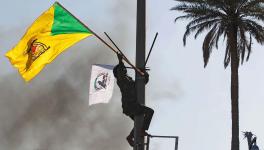Concern Over Upcoming Iraqi Kurdish Referendum

Image Courtesy: Wikimedia
On September 25, the Kurdistan region of Iraq will likely exercise a vote to decide if they want to be independent or remain a part of the country. The authority’s decision to carry out the referendum has only complicated the situation in the war-torn region.
Despite local and regional opposition to the Kurdistan independence referendum, the Kurdish Regional Government (KRG) is insisting on holding the upcoming referendum.
According to reports in the Kurdish media, hundreds of people yesterday held a ‘No for now’ rally to express their opposition to the referendum, which will be held two weeks from now.
A spokesperson of the ‘No for now’ campaign pointed out that Massoud Barzani, the president of the Kurdistan region of Iraq, is holding his post illegally. A vocal supporter of the ‘Yes’ vote said, Barzani’s term as a president ended two years ago, but he continues to hold the position through a court ruling, until the next presidential polls are held.
Other than the internal debate on the referendum, almost all governments in the region, including Baghdad, are opposed to voting. There are fears that the vote could break Iraq and further destabilise the region.
Iraq’s national security adviser Faleh Fayad has called the vote illegal, adding that they will not recognise the results.
Kurdish people are the fourth largest ethnic group with nearly 40 million of the estimated population scattered in the region without a country. The Kurdish aspirations for a separate nation – called Kurdistan – emerged during World War I as the Ottoman Empire waned, but were dashed soon after, as modern Turkey was created.
Since then the Kurds, living in areas in Iraq, Iran, Syria and Turkey, have engaged in armed rebellion, faced persecution, and taken part in negotiations related to their demands.
Turkey, where Kurds have been involved in a thirty year-old-insurgency, has also voiced major concern and claimed the vote could further flare up separatist sentiments among its 15 million Kurd population.
Turkey has so far been hostile towards the Kurdish-led Syrian Democratic Forces (SDF) backed by the US. Turkey claims the Kurdish outfits like SDF and YPG comprise fighters from the Kurdistan Workers’ Party (PKK), which Turkey, the European Union and the US have designated as a terrorist outfit. Nonetheless, PKK maintains that it does not want to separate from Turkey to set up a state.
Israeli authorities have shown support to the Kurdish independence vote as they continue to back Massoud Barzani. Israeli Prime Minister Benjamin Netanyahu has more than once expressed support to Kurdish independence and the creation of Kurdistan.
On the other hand, Iran, a key regional player which has grown closer to the Iraqi government, has also maintained that the unity of Iraq is of paramount importance.
Kurdish militias have been fighting the Islamic State (IS) in Iraq as well as Syria, their advances made swifter with the US aerial support.
But another move with a potential to reshape borders can initiate just another conflict that could plunge the region into further instability.
Get the latest reports & analysis with people's perspective on Protests, movements & deep analytical videos, discussions of the current affairs in your Telegram app. Subscribe to NewsClick's Telegram channel & get Real-Time updates on stories, as they get published on our website.









